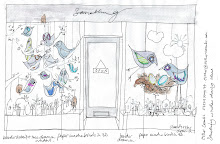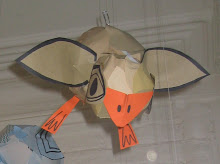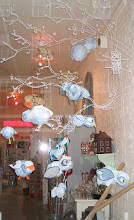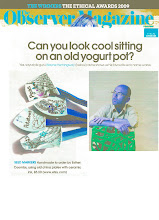
Here’s Wednesdays illustrated fiction story post--the highlight of my week created in partnership with Julia Green fiction writer extraodinare:
This one is brilliant!
Lovebirds
It's a funny thing, being married to someone for 50 years. Every once in a while we end up at the mall, and while Earl is marveling over the appliances you can buy all in one place on the cheap, I go over to the bookstore and watch the people watching the books. There are these young things with teased up hair and rocks on their hands, scurrying around like field mice, can't get their hands on those books fast enough. The ones they want, they're all called things like Thin Enough and Happy Enough and Cook Your Way to a Perfect Marriage. I usually go to the cafeteria part, get myself a small cup of coffee, and park at a table where I can see 'em well. Every once in a while, after I put two sugars in my coffee and start over to that table, somebody as old as my grandkid rushes over and calls me 'ma'am' while offering to help me along. I started getting ma'amed as soon as I was married, even though I was 25 going on 12. Today, even with my rickety hip and silver hair and funny smells where there didn't used to be any, honest to God I don't think of myself as a ma'am. A ma'am's got a beehive and handbags that match her shoes. All I know is whenever I hear ma'am, I think of Earl's daddy and his big old Studebaker that he let Earl take me out in on a Friday night and we'd park up on any old hill where we knew we wouldn't be bothered and we'd fog up those windows till there was no air left in there to breathe. These girls reading the magazines looking for the tips, clipping out the secret formulas, the ten signs of whatever, they think it wasn't like that back then, treat me like some celibate grandma who never had a day of fun. Sure, I remember the ration cards and the victory gardens, but the past ain't a history book. We raised four kids and between all those babies crying and doors slamming and pots of whatever cookin' on the stove, we still found time for plenty of hanky panky. Drove the kids crazy sometimes, especially when they were teenagers and started getting wise, realizing there was a reason their old parents were so happy all the time. I don't want to ruin nobody's fun, but those girls with the stacks of books under their arms, well if they spent fifty dollars on something nice, instead of those boring books, you know? My favorite part is when Earl comes back, some kinda new tool in a big old plastic bag in his hand. I'm still staring away at people in a way that really makes them think I've got the forgetting disease and I wandered out of some place and pretty soon I'm going to start taking all my clothes off and yelling and they won't know what to do with me. When he sees me see him, his face lights up, and he hustles over and kisses me on the mouth in a way that makes everybody uncomfortable. Can't figure it out myself; I always thought two old people not in love was worse than two who were.












